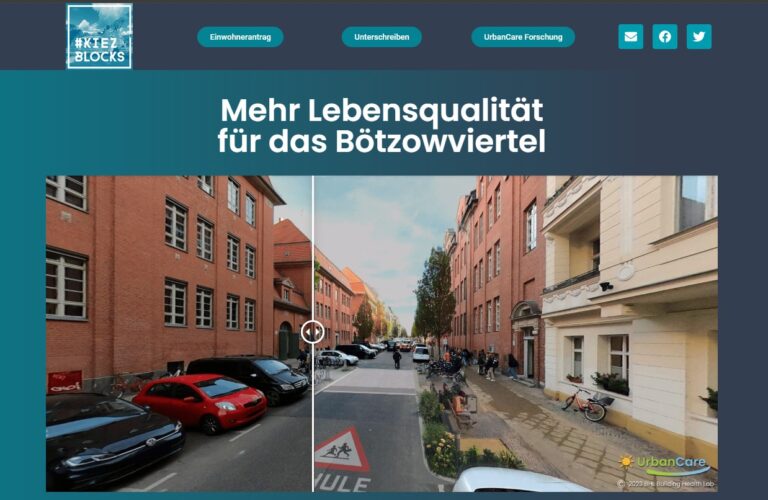
City Shorts Mockup: More Quality of Life for the Bötzowviertel, The Kiezblock Initiative for Safe Streets
This thermal study is part of an urban ecosystem evaluation to inform a pedestrian plan in Berlin. Germany.

This thermal study is part of an urban ecosystem evaluation to inform a pedestrian plan in Berlin. Germany.
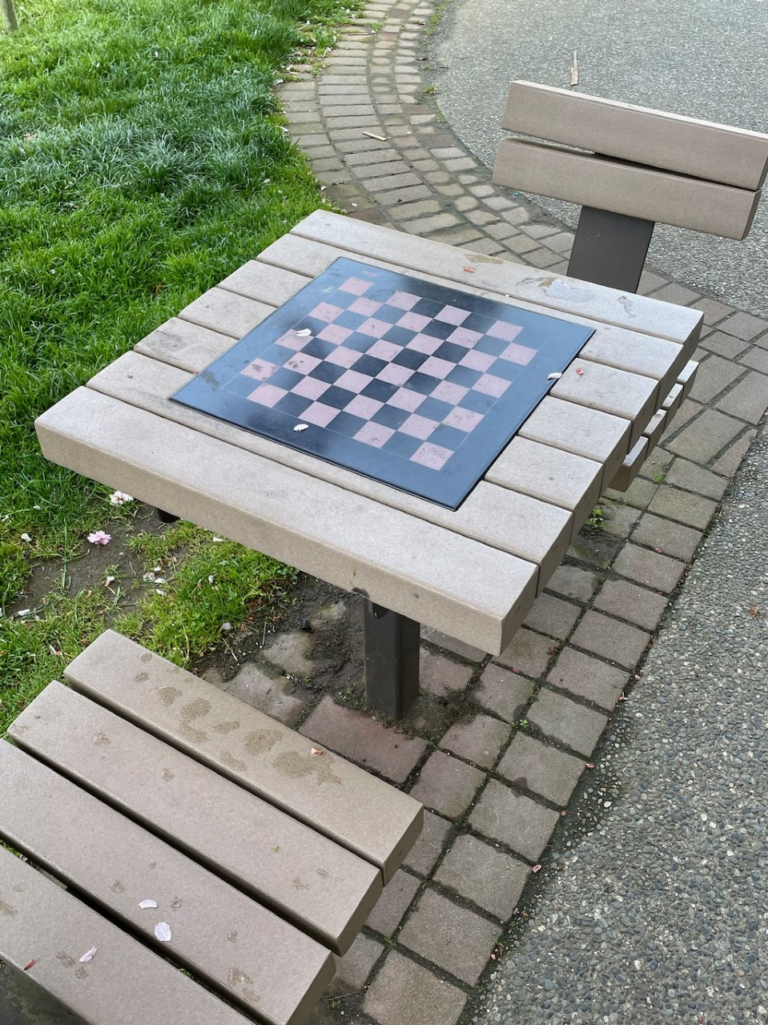
Why only plan for children’s play in cities? Play could support the health and wellbeing of older adults. Let’s reimagine age-friendly planning with play in mind.

This work unveils the heterogeneous preferences of different hospital users for green infrastructure improvements that could improve their health and wellbeing. Moreover, it shows that distinct motivations determine their demand for spending time outdoors and their willingness to pay for these improvements.
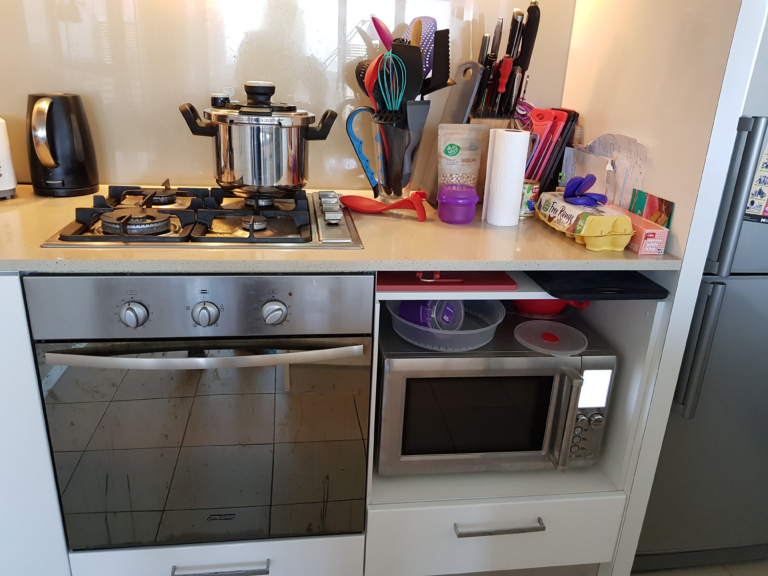
Apartment kitchens need to be better designed to support healthy food practices.
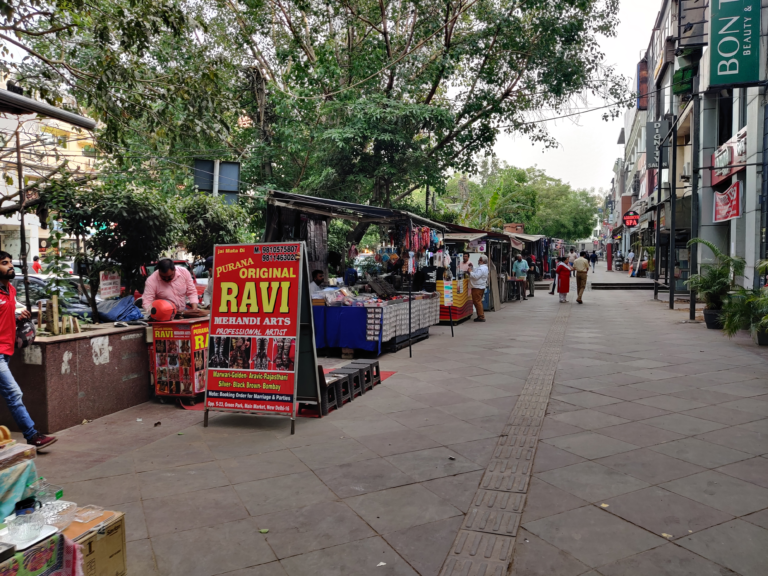
We ask whether streetscape design can be used to alleviate anxiety. Let’s understand how we can alleviate anxiety of the people on streets through their daily experiences while walking.
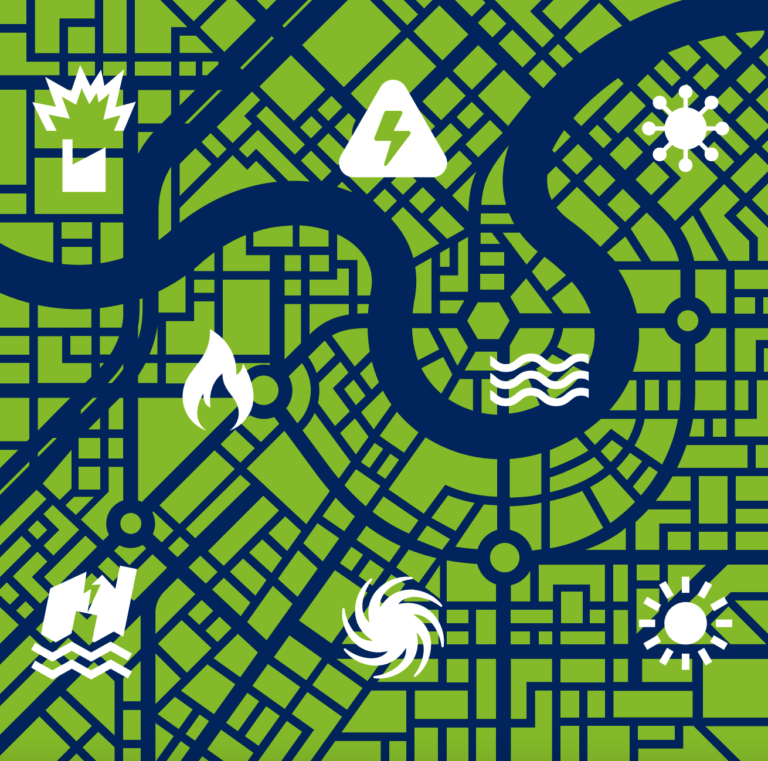
As emerging challenges have made urban areas increasingly vulnerable, jeopardizing the health and well-being of their inhabitants, resilience should be seen as a pathway for healthy cities and integrated into urban planning practices. This study shows if and how existing indicator frameworks can identify urban systemic vulnerabilities and priorities for resilience building to provide local authorities with evidence crucial in planning for healthy and resilient cities.

Cities need to be aware of their vulnerabilities to local emergencies. They also need to understand which urban planning, design and management strategies work best to build resilience. We reviewed the latest scientific evidence to identify the most effective preparedness strategies for different emergency scenarios, analysing co- and dis-benefits among them. Ideas and tools for local authorities and communities in general to build back better.
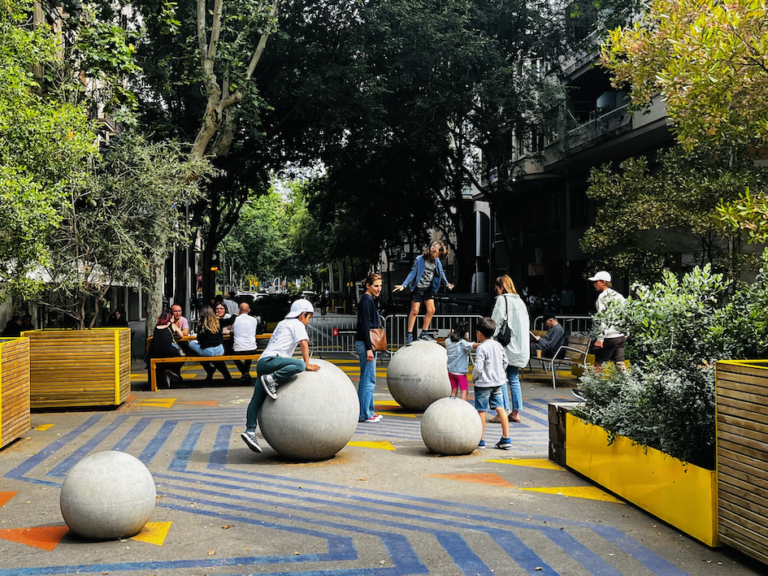
This paper investigates how health-promoting planning strategies are leveraged in place-based urban transformation initiatives to develop public spaces within neighbourhoods to improve children’s and community wellbeing. Safe, healthy, and accessible neighbourhood public spaces transform children’s lives in cities.
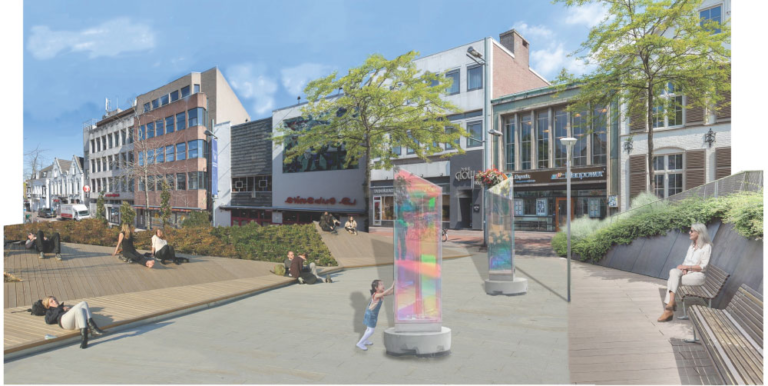
Poorly designed neighbourhood outdoor spaces can harm citizens’ mental health, such as presenting them with information overload, crowding or low exposure to nature. Our research explored which design elements can support urban designers in designing neighbourhood outdoor spaces that can reduce stress and attention fatigue and improve the mental health of all citizens.
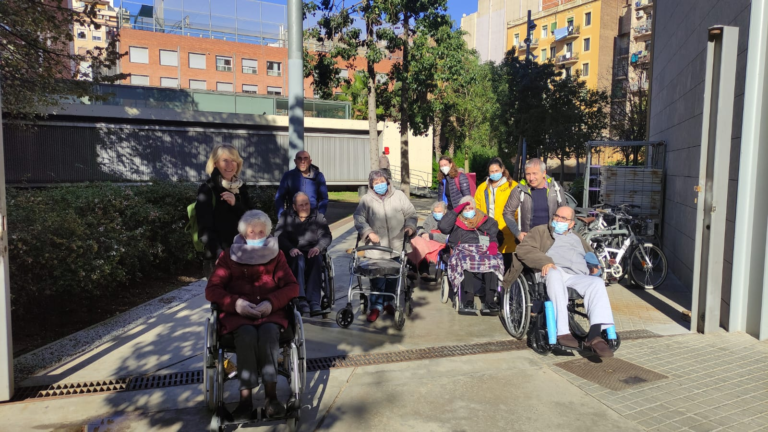
Our study evaluates the reliability (consistency) of a local tool for measuring health determinants in public spaces, using a co-creation process with older adults living in care homes in Barcelona. It highlights the importance of inclusive urban planning and the varied perspectives of community members in enhancing urban health.